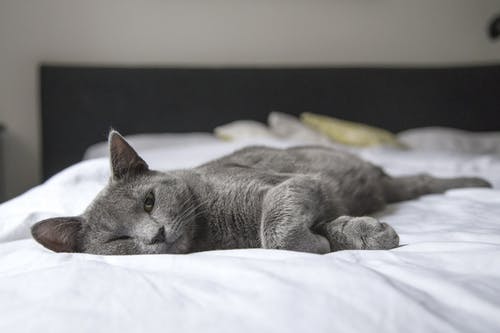Owning a horse requires a significant time and financial investment. It can, however, be a rewarding and enjoyable experience. Horses make excellent companions and can be kept for pleasure riding, competition, or as a pet. Your legal responsibility is to ensure that your horse has the necessities to keep it healthy and happy.
Horse Maintenance and General Health Care
While everyone knows about horses, you would be astonished at how little most people know about them. There are many myths, and everyone has an opinion. To help clear up any confusion, here are a few horse-related facts you should know, especially if you are thinking about taking riding lessons or buying a horse for the first time.
Horse owners who keep horses on their property and owners of properties where horses are saved must have a Property Identification Code (PIC).
These requirements are as follows:
- water
- shelter
- company
- health care
- space and exercise
- adequate and appropriate feed
- treatment of illness or injury.
Feeding
To maintain good body condition, horses must have access to high-quality roughage (pasture, hay, or chaff). A general guideline for feeding is 1-2 kg per 100kg of body weight per day, or:
- Pony (measuring up to 13.5 hands, 200–350kg) feed 3–7kg each day
- Galloway (measuring 13.5–15 hands, 350–500kg) feed 7–10kg each day
- Horse (measuring 15–16.5 hands, 500–650kg) feed 10–13kg each day
- Heavy Horse (measuring 16.5+ hands, 650+kg) feed 13+ kg each day
You may require supplemental feeding when a horse is worked frequently, has poor pasture, or loses its body condition.
Place a salt lick or mineral block in the paddock. Consult your veterinarian about appropriate supplementary feeds; many food scraps and grass clippings are not suitable to feed because they can make a horse ill. Providing as much forage (hay or grass) as possible is one of the most important predictors of overall horse health.
Many of us now have access to high-quality hay that outperforms nutrition and energy. Some horses self-regulate and eat small amounts frequently throughout the day. Slow hay feeders regulate the amount of hay a horse can eat once for horses who tend to overeat (which can lead to unhealthy weight gain). Even “easy keepers” can access hay for extended periods in this manner.
We know it’s hard when you’re new to something and don’t know what to do. Asking for recommendations from friends and family is a good idea, but you can always see for yourself and ask a professional to give you peace of mind.
Foot Care
A farrier should trim a horse’s hooves every 6-8 weeks. This keeps them from chipping or growing too long and making your horse uncomfortable. If your horse is to be ridden on hard or rocky ground, shoes are required.
Dental Care
For a horse kept in a paddock, the teeth should be checked by a competent and trained equine dentist at least once a year. Unchecked teeth can become painful and cause mouth injuries. Horses under five and grain-fed horses require a dental examination every 3 to 6 months.
If you’re looking for a dentist, you can look up “equine dentist near me” to locate the nearest facility in your area.
Equine Worming
Worm your horse regularly to prevent worm growth in the stomach and intestines. Many worming pastes must be applied every 6-8 weeks. Because dosage frequency and amounts vary, follow the directions on the product. Reducing manure buildup in your horse’s paddock is an easy way to minimize worm contamination of pastures.
Equine Vaccinations
Your veterinarian will advise you on what and how often your horse should be vaccinated. They may recommend vaccination against tetanus, viral respiratory disease, and strangles. And it is important to find reputable equine vaccinations from Red Hills Veterinary Hospital.
Companionship
Horses are herd animals, so they require the company of other horses. This could be in the same paddock or a nearby paddock. Leaving a horse alone in the paddock or while riding may result in behavioral issues.
Conclusion
Apprenticeship with an experienced horse person is the best method to learn how to care for a horse. This could be as simple as hanging out at the stable where you take lessons and ask lots of questions or as complicated as leasing a horse for some time so the owner can teach you how to groom and care for a horse.

